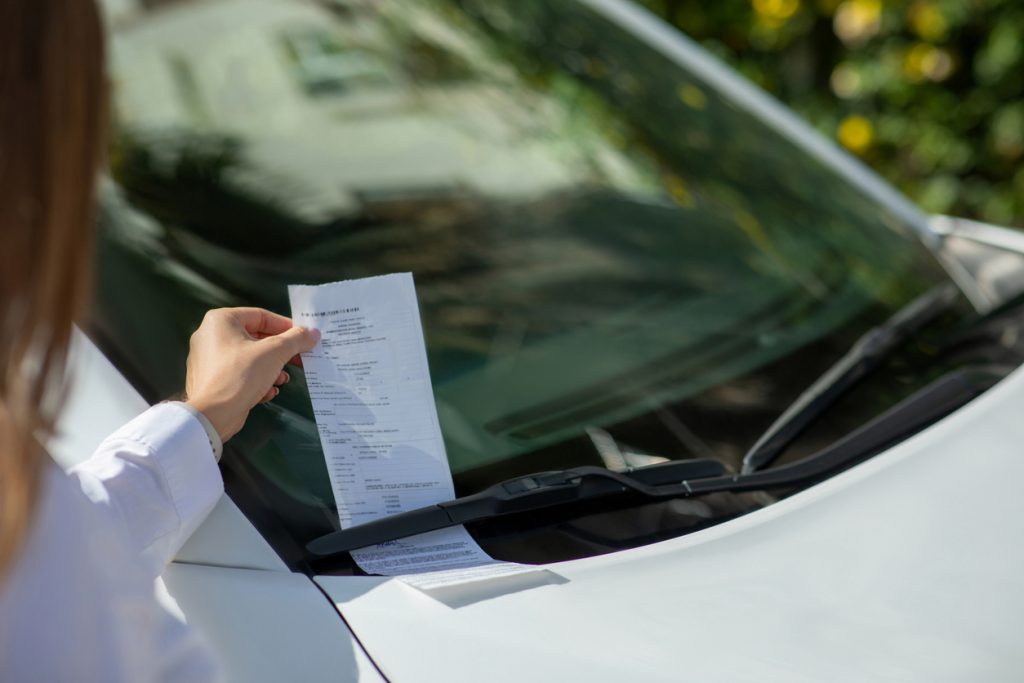Fair and consistent traffic enforcement: a call for justice on Malta’s roads

Traffic regulations exist to ensure safety, efficiency, and order on our roads. However, in Malta, enforcement appears to fall disproportionately on minor infractions while more serious and disruptive violations often go unpunished. This selective approach to law enforcement not only frustrates law-abiding citizens but also undermines the credibility of the system.
Every day, one can observe fines being meted out for seemingly minor contraventions, such as failing to display the time of arrival in a timed parking zone, having an expired vehicle license, or even a small part of a vehicle touching a double yellow line. In some cases, enforcement cameras catch drivers stopping briefly outside St. Luke’s Hospital, issuing fines even though the driver is merely dropping off a patient without obstructing traffic. While rules must be enforced, common sense and a degree of discretion should be exercised in such cases.
Yet, while minor violations receive the full weight of enforcement, more egregious breaches of road etiquette and safety are overlooked. A frequent example is motorists who hog the outer lane on arterial roads, driving at a slow pace and causing unnecessary congestion. This compels other drivers to overtake from the inner lane—an unsafe and illegal manoeuvre—yet, such actions go unpunished. Similarly, reckless drivers who cut across lanes at intersections to skip queues rarely face consequences, sending the message that impunity pays.
Equally troubling is the apparent disregard for certain persistent violations. Vehicles driving without front registration plates, particularly sports cars and coupes, are a common sight, yet these infractions rarely seem to attract penalties. Likewise, when businesses or homeowners reserve parking spaces through local councils for heavy machinery, lifters, cherry pickers, or cranes, they often find unauthorized vehicles occupying the spots. This not only causes financial losses and work delays but also reveals a serious gap in enforcement, as authorities sometimes claim they cannot trace the vehicle owner.
Another glaring example of double standards is visible outside cafes and bars, where vehicles often park illegally, creating bottlenecks on arterial roads. In contrast, a driver who parks just a few centimetres too close to a corner is swiftly slapped with a fine. Such inconsistencies fuel concerns about whether enforcement agents are turning a blind eye to certain offenders while cracking down on easier targets.
If we are serious about instilling discipline on our roads, enforcement must be applied fairly and consistently. Authorities must stop preying on the easy targets while ignoring the real bullies who make our roads dangerous and chaotic. Traffic laws should serve the public good, not simply function to generate revenue at the expense of minor infractions. A balanced and just approach to traffic enforcement will not only improve road safety but also restore public trust in the system.
